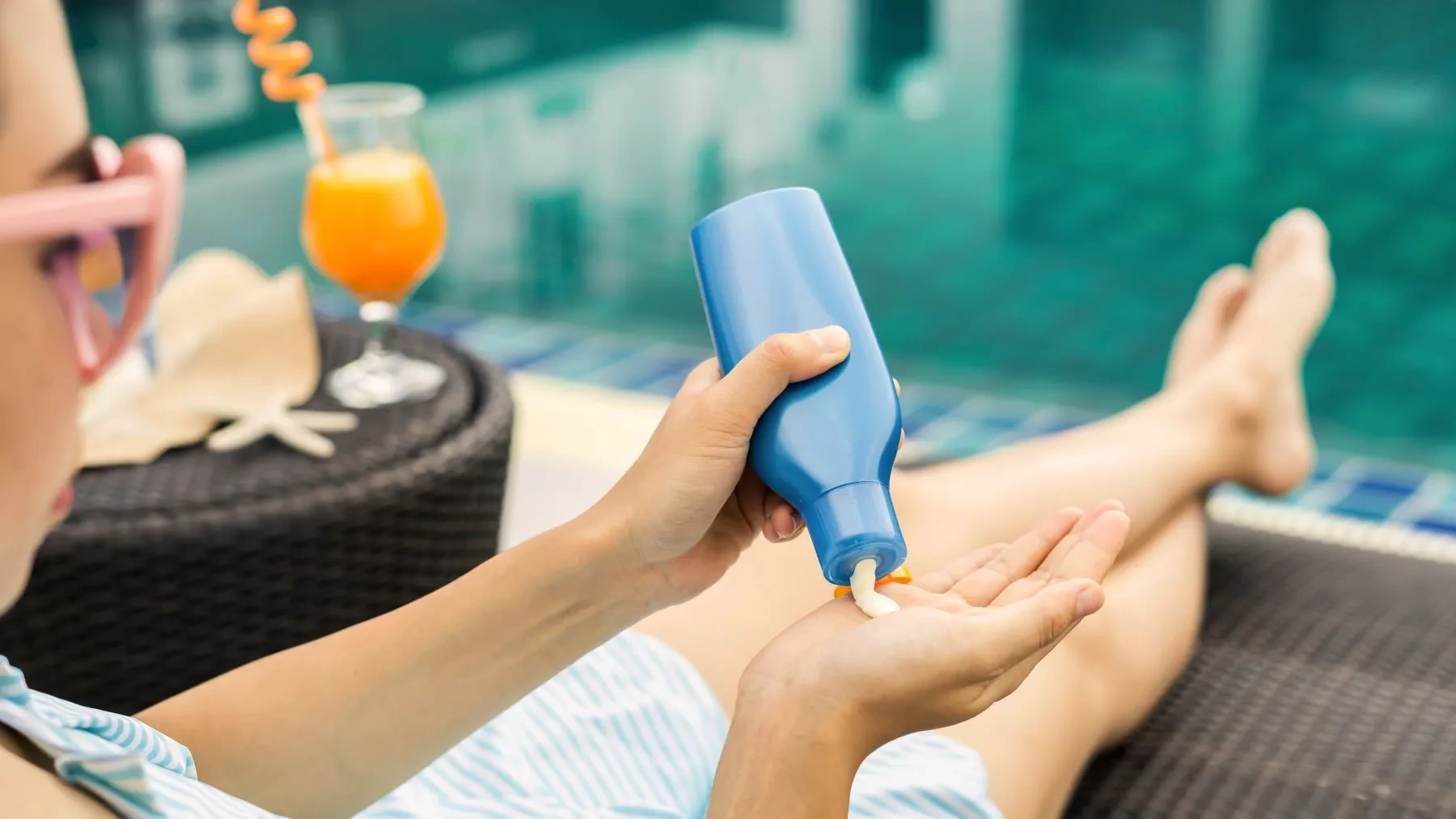Broad Spectrum vs Regular Sunscreen: Which One Provides Better Protection?


Sunscreen is an essential part of any skincare routine, especially during the summer months when the sun’s rays are at their strongest. It helps protect our skin from the harmful effects of ultraviolet (UV) radiation, which can lead to sunburn, premature aging, and even skin cancer. However, not all sunscreens are created equal. In this blog, we will explore the difference between broad spectrum and regular sunscreen, and why choosing the right one is crucial for optimal skin protection.
Regular sunscreen, also known as traditional or chemical sunscreen, works by absorbing UV rays before they can penetrate the skin. It contains organic compounds that create a chemical reaction when exposed to sunlight, converting UV rays into heat and releasing them from the skin.
Regular sunscreen is effective in blocking UVB rays, which are responsible for sunburns, but it may not provide adequate protection against UVA rays, which contribute to skin aging and cancer.
broad spectrum sunscreen, on the other hand, offers protection against both UVA and UVB rays. It contains a combination of organic and inorganic compounds that work together to physically block and scatter UV rays. This type of sunscreen creates a protective barrier on the skin’s surface, reflecting and absorbing both UVA and UVB rays. Broad spectrum sunscreen is considered more effective in preventing sunburn, premature aging, and skin cancer.
When selecting sunscreen, there are several factors to consider:
To maintain effective sun protection, it is essential to apply sunscreen generously and regularly. Apply sunscreen at least 15 minutes before sun exposure and reapply every two hours or immediately after swimming or sweating. Remember, sunscreen is not a one-time application but a continuous effort to protect your skin from the sun’s harmful rays.
1) How to know if a sunscreen is broad spectrum?
To determine if a sunscreen offers broad spectrum protection, simply check the label. Look for the words “broad spectrum” prominently displayed. Additionally, ensure that the sunscreen has an SPF (Sun Protection Factor) of 30 or higher, as recommended by dermatologists. This ensures protection against both UVA and UVB rays, guarding your skin against sunburn, premature aging, and skin cancer.
2) Is Broad Spectrum and PA++++ the same?
No, they are not the same. Broad spectrum refers to sunscreen’s ability to protect against both UVA and UVB rays, while PA++++ specifically refers to the level of UVA protection provided by the sunscreen. PA ratings indicate the degree of protection against UVA rays, with PA+ offering some protection and PA++++ providing the highest level of protection against UVA radiation.
3) What is the difference between PA level and SPF?
The PA level and SPF (Sun Protection Factor) measure different aspects of sunscreen protection. SPF primarily indicates the level of protection against UVB rays, which cause sunburn and contribute to skin cancer risk. On the other hand, the PA rating system, commonly used in Asian countries, measures the level of protection against UVA rays, which penetrate deeper into the skin and cause premature aging and skin damage. While SPF is expressed as a numerical value (e.g., SPF 30, SPF 50), PA ratings are denoted by plus symbols, ranging from PA+ to PA++++, with higher symbols indicating greater protection against UVA rays.
4) What SPF and PA levels are optimal for sun protection?
For optimal sun protection, dermatologists recommend using a broad-spectrum sunscreen with an SPF of 30 or higher, along with a PA rating of PA++++ if available. This combination ensures comprehensive protection against both UVA and UVB rays. Remember to reapply sunscreen every two hours, especially if you’re swimming or sweating, and to seek shade during peak sun hours for added protection against harmful UV radiation.
As you navigate the myriad options available in the sunscreen aisle, prioritize broad spectrum formulations that offer robust protection against the sun’s harmful rays. Incorporating sunscreen into your daily skincare routine is not only a proactive measure against sun damage but also an investment in the long-term health and beauty of your skin.